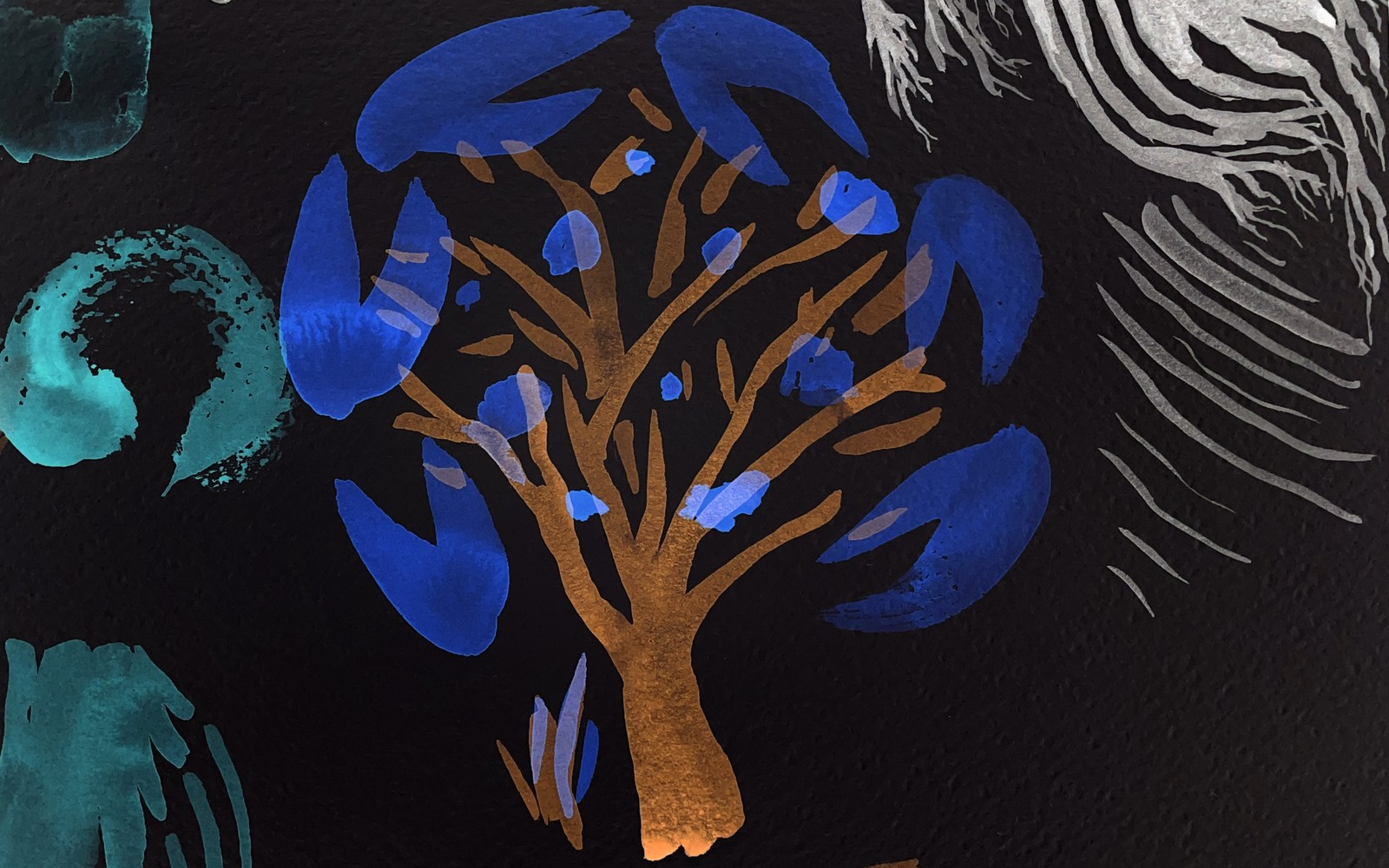
Once my wife had to create a promotional video for one of the clients in her company. The script was in Hungarian and I helped her to make a voice-over. While skimming through the text, I noticed one word which grabbed my attention: “Anyag”. At that time, I only knew just few words in Hungarian and I knew that “anya” means mother. “What is anyag?” – I wondered. Just one extra letter after all! My partner explained that it means “material”. In a second, I got hooked. Because, suddenly the neurons in my brain made a vast connection between the words of ‘mother’ and ‘matter’ and ‘anya’. I realized that they all have the same root: the mother. Now I pondered, how is it possible that in quite a few languages the word for matter and mother are related? And that includes English. Let’s see few examples:
- Persian: مادر (mader – mother) AND (madde – material) ماده
- Russian: мать (mat’ – mother) – материя (materiah – matter)
These words have PIE root “mater”, which means “mother”. In Latin, it meant not only “the source”, but also “piece of wood”. Compare Spanish and Portuguese madera/madeira, which means “wood”. The reason behind such use is twofold:
- “the trunk of a tree regarded as the ‘mother’ of its offshoots.” (Oxford English Dictionary)
- “the word originally referred to building material”
I would interpret both cases differently. First, considering the usage of common expression “mother earth”, the tree might be a symbol of humankind, as a phenomena of nature, coming out of mother earth. In that sense, the tree is a direct continuation of earth. Or rather, a manifestation in bloom.
Second, the wood was the most primitive and useful tool among the early humans, to build shelters, as well as to make fire. Therefore, it is once again a symbol of motherhood, the one who gives protection and warmness.
Coming back to Magyar/Hungarian language, “anya” is a completely different word for mother, not related to the PIE root. Nevertheless, Hungarians also accept matter and mother as the source which gives birth to everything else. I find it primordially divine, important to notice and worth to notice, considering Hungarian is unlike many other languages and has developed its own mental archetype. I’ll publish more examples like this, which require more sophisticated analysis.